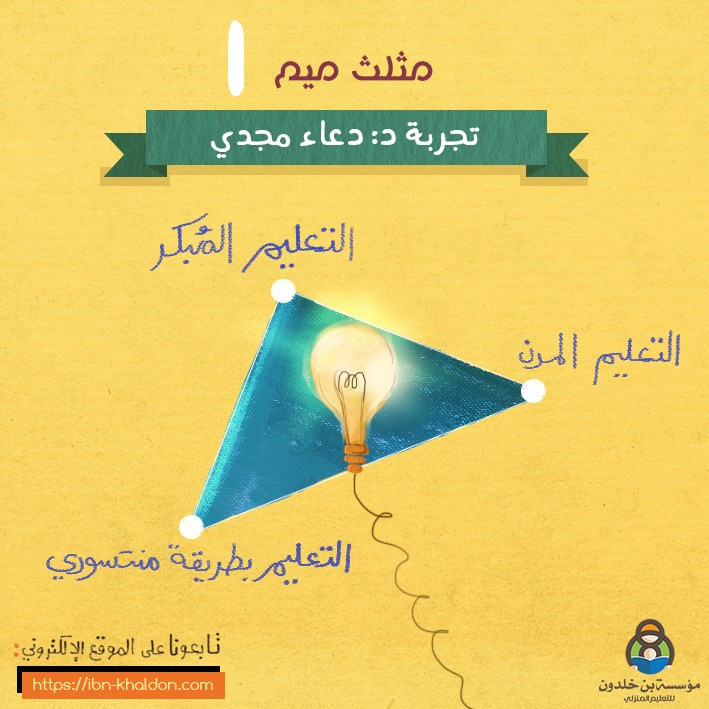Introduction to Montessori method
Let us imagine
enduring for a single day
the torment to which they are condemned.
the torment to which they are condemned.
Supposing that we should find ourselves
among a giant people, whose legs were exceedingly
long in comparison with ours, whose
bodies were enormous, but who were very
quick as compared with us—an exceedingly
agile, intelligent people.
If we wish to climb
their stairs, the steps are high, on a level with
our knee, and yet we have to try to climb up
with them.
If we wish to sit down, the chair
reaches almost to our shoulders.
Climbing up with difficulty, we finally succeed in perching
ourselves on it.
We would like to brush
our dress, but the big brushes are so heavy
that our hand cannot even grasp, much less
hold, them.
For brushing our nails we are
given a clothes brush.
We could easily take a bath in the wash basin, but our arms would
not be strong enough to lift it.
If we knew that these giants were expecting us to do so,
we would say : "They have made no preparation
to receive us, to make our visit comfortable."

The child finds all that he could wish
for in the form of toys or dolls.
The rich, multiform, attractive environment was not
made for him, whereas dolls have houses, with
sitting-rooms, kitchens, and closets everything
which the adult possesses is reproduced
in miniature for the doll.
The rich, multiform, attractive environment was not
made for him, whereas dolls have houses, with
sitting-rooms, kitchens, and closets everything
which the adult possesses is reproduced
in miniature for the doll.
The child, however, cannot actually live
with all these things he
can only play with them.
can only play with them.
The world has been
given to him as a joke, because as yet no one
has admitted that he is a living man. He
finds that society has prepared an ironical reception
for him.
given to him as a joke, because as yet no one
has admitted that he is a living man. He
finds that society has prepared an ironical reception
for him.
The three-year-old child who, eluding pursuit from
the front of the house, sits down on the kitchen floor
with a collection of cookie-cutters of different shapes
in his lap, and amuses himself by running his fingers
around their edges, is engaged in a true " stereognostic
exercise " as it is alarmingly dubbed in scientific
nomenclature.
If there is a closet of pots and pans,
and he has time before he is dragged off to clean
clothes and the vacuity of adult-invented toys, to
fit the right covers to the pots and see which pan
goes inside which, he has gone through a " sensory
exercise for developing his sense of dimension.
If he is struck by the fact that the package of oatmeal,
although so large, weighs less than the smaller bag of
salt, he has been initiated into a " baric exercise "
;
while if there are some needles of ice left on the floor
by a careless iceman, with these and a permitted dabbling in warm dishwater, he unconsciously invents
for himself a " thermic exercise."
If the cook is indulgent
or too busy to notice, there may be added to
these interests the creative rapture to be evolved
from a lump of dough, or a fumbling attempt to
fathom the mysterious inwardness of a Dover eggbeater.

.
.
.
The child really tries to live with all the
things that surround him. He would really
like to use a washstand by himself, to dress
himself, actually to comb the hair on a living
head, really to sweep the floors ; he.too, would like to possess chairs, tables, armchairs, clothes hooks and closets.
What he wants is really to work, to
attain an
intelligent end, to have the enjoyment of his
own life. Besides, he must not only act like
a man, but he must actually form the man;
this is the predominating tendency of his nature,
his mission.
intelligent end, to have the enjoyment of his
own life. Besides, he must not only act like
a man, but he must actually form the man;
this is the predominating tendency of his nature,
his mission.
The smallest thing suffices to make him
happy to hang his clothes on a
hook placed low on the wall within his reach,
to open a light door whose knob is in proportion
to his hand, silently and lightly to move
a chair whose weight is adapted to the
strength of his arms.
hook placed low on the wall within his reach,
to open a light door whose knob is in proportion
to his hand, silently and lightly to move
a chair whose weight is adapted to the
strength of his arms.
It is a very simple matter to offer
him an environment where everything
is built in proportion to his size, and
to let him live there.
is built in proportion to his size, and
to let him live there.
Then there develops in him that active
life which has caused so
much wonder, because we see in him the revelation
of a spiritual life.
much wonder, because we see in him the revelation
of a spiritual life.
In that harmonious environment we
have seen the child concentrated
on intellectual work, as a seed which
has taken root in the right ground, and from
that develop and grow by one means only
prolonged constancy in each exercise.
on intellectual work, as a seed which
has taken root in the right ground, and from
that develop and grow by one means only
prolonged constancy in each exercise.
References :
1-
Dr/ Montessori's own handbook
2-
The mother and the child – by/ Maria Montessori
3-
A Montessori mother – by/ Fisher, Dorothy
N.B : The complete PDFs of these books will be included in my blog soon J






















